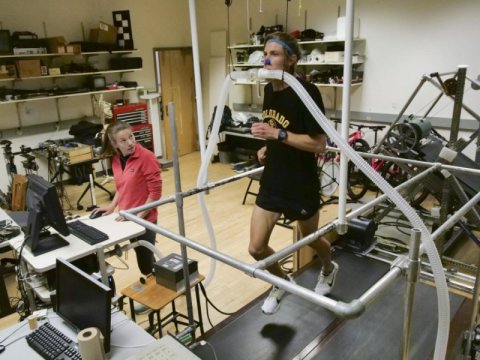An international team of researchers, affiliated with UNIST has presented an innovative wearable technology that will turn your skin into a loudspeaker. This breakthrough has been led by Professor Hyunhyub Ko in the School of Energy and Chemical Engineering at UNIST. Created in part to help the hearing and speech impaired, the new technology can be further explored for various potential applications, such as wearable IoT sensors and conformal health care devices. In the study, the research team has developed ultrathin, transparent, and conductive hybrid nanomembranes with nanoscale thickness, consisting…
Read MoreAuthor: Tom Patriot
Turbocharged Vs Supercharged – Part 3
How the brain responds to texture
Our hands and fingertips are amazingly sensitive to texture. We can easily distinguish coarse sandpaper from smooth glass, but we also pick up more subtle differences across a wide range of textures, like the slick sheen of silk or the soft give of cotton. Information about texture is transmitted from sensors in the skin and through the nerves to the somatosensory cortex, the part of the brain responsible for interpreting the sense of touch. New research by neuroscientists at the University of Chicago shows that as neurons in this part…
Read MoreBebe Rexha Rocks Plunging Red Gown at the Grammys After Designers Told Her She Was “Too Big” to Dress
A few weeks ago singer Bebe Rexha revealed that despite earning her first two Grammy nominations this year, a damper was put on her excitement when it came time to pick the perfect dress. In an Instagram video, Rexha explained that many designers refused to dress her because she’s “too big.” She’s a size 6-8. “You’re saying all the women in the world that are a size 8 and up are not beautiful and that they cannot wear your dresses. So to all the people who said I’m thick and I…
Read MoreSlower runners benefit most from elite methods
Think state-of-the-art shoes, performance diets and well-thought-out racing strategies are only for elite runners? Think again. In reality, the slower you are, the more such measures improve your finish times, suggests new University of Colorado Boulder research. “We found that at faster speeds, you get significantly less benefit from improving your running economy than you do at slower speeds,” said lead author Shalaya Kipp, a former graduate student in the Department of Integrative Physiology. The study, published in the journal Frontiers in Physiology today, takes a mathematical approach to answering a question…
Read More




